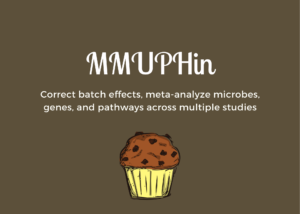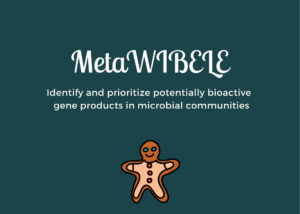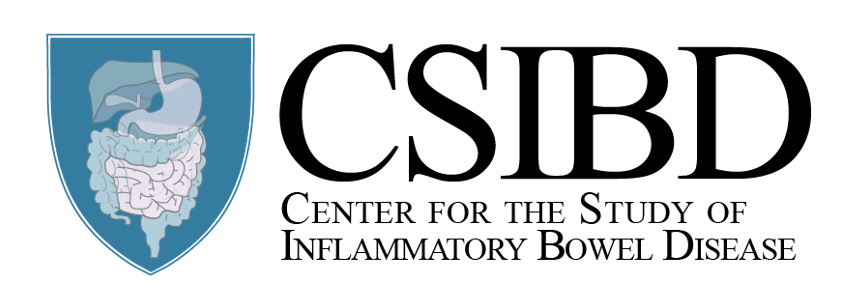Identification of Causal Genetic Variants
CSIBD investigators are creating a genetic map of IBD through comprehensive fine-mapping of risk loci identified in genome wide association studies and parallel efforts to deeply sequence the largest and most ancestrally diverse cohorts of IBD patients. Identifying disease-linked functional variants is essential for uncovering therapeutic targets, and the Genetics Core is equipped with the expertise to advise and assist CSIBD members designing these genetic studies. Below we feature labs that are freely sharing their genetics-focused analysis tools with the research community.
|
|
Led by Benjamin Neale, a principal investigator in the Genetics and Microbiome Core, the Neale lab devises novel statistical methods for large scale genetic data to gain insight into the epidemiology and biological mechanisms of complex traits. All of their tools are shared freely with the scientific community through open source software. Visit the Neale lab Github for the latest UK Biobank data release in UK_Biobank_GWAS. |

|
Led by 2020 PFS awardee Hailiang Huang, the Huang Lab pioneers innovative statistical genetics and computational methods to unravel the genetic architecture of complex human disorders, with a particular focus on autoimmune and psychiatric conditions. Working within the Genetics and Microbiome Core, they make their tools and resources available to the scientific community. Data released from the Huang lab can be found at http://data.huanglab.ac/ Visit the lab's Github for the latest in fine mapping methods, efficient ways to calculate PCA from GWAS data, and others. |
Functional Genomics
CSIBD investigators develop enabling new technologies to functionally characterize genetic variants associated with disease and the tools to analyze and integrate the complex 'omics datasets generated in these studies.
|
|
The Klarman Cell Observatory (KCO) is a research initiative based at the Broad Institute and led by Ramnik Xavier, the Director of the CSIBD. The KCO aims to understand the complex circuits within human cells and tissues to gain insights into the biological basis of diseases with a particular focus on developing new experimental and computational methods to advance this field of research. The KCO remains committed to open sharing of tools and data to accelerate research worldwide. Visit the KCO GitHub to find analysis pipelines for single cell RNAseq (scrnaseq_pipeline), Perturb-Seq (perturbseq), power analysis for spatial omics and others. |
Microbiome
Below we feature microbiome analysis tools from the Huttenhower lab. Led by Curtis Huttenhower, co-director of the Genetics and Microbiome core, the lab works on a variety of areas related to understanding microbial community function and applying it to improve human health. Please visit the biobakery help forum with any questions about the software featured below.

|
MMUPHin is an R package implementing meta-analysis methods for microbial community profiles. |

|
MACARRoN (Metabolome Analysis and Combined Annotation Ranks to prioritize Novel bioactives) is a computational workflow for systematic analysis and prioritization of potentially bioactive small molecules from (microbial community) metabolomes. |

|
MetaWIBELE (Workflow to Identify novel Bioactive Elements in the microbiome) is a workflow to efficiently and systematically identify potentially bioactive (and often uncharacterized) gene products in microbial communities. |
